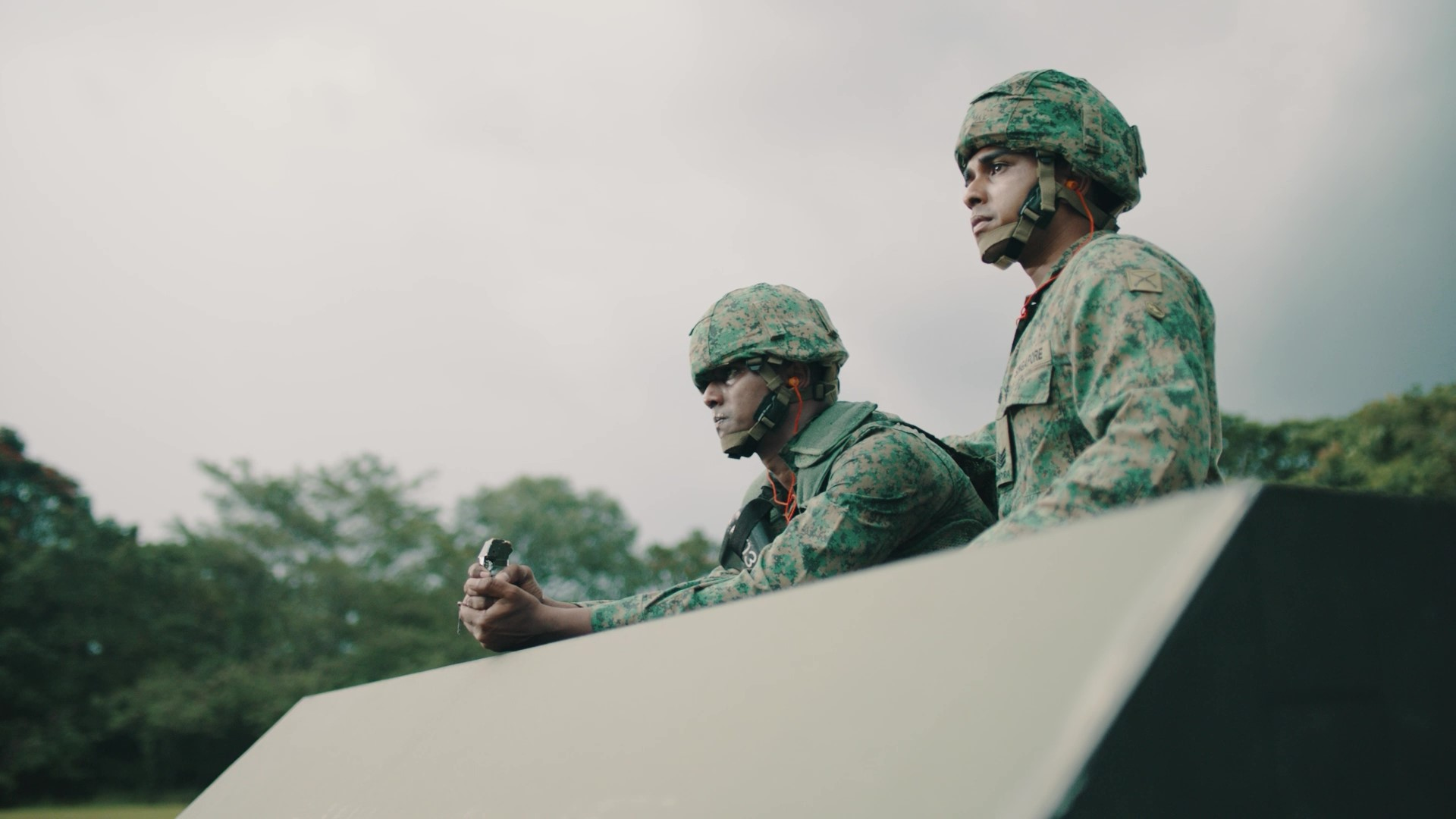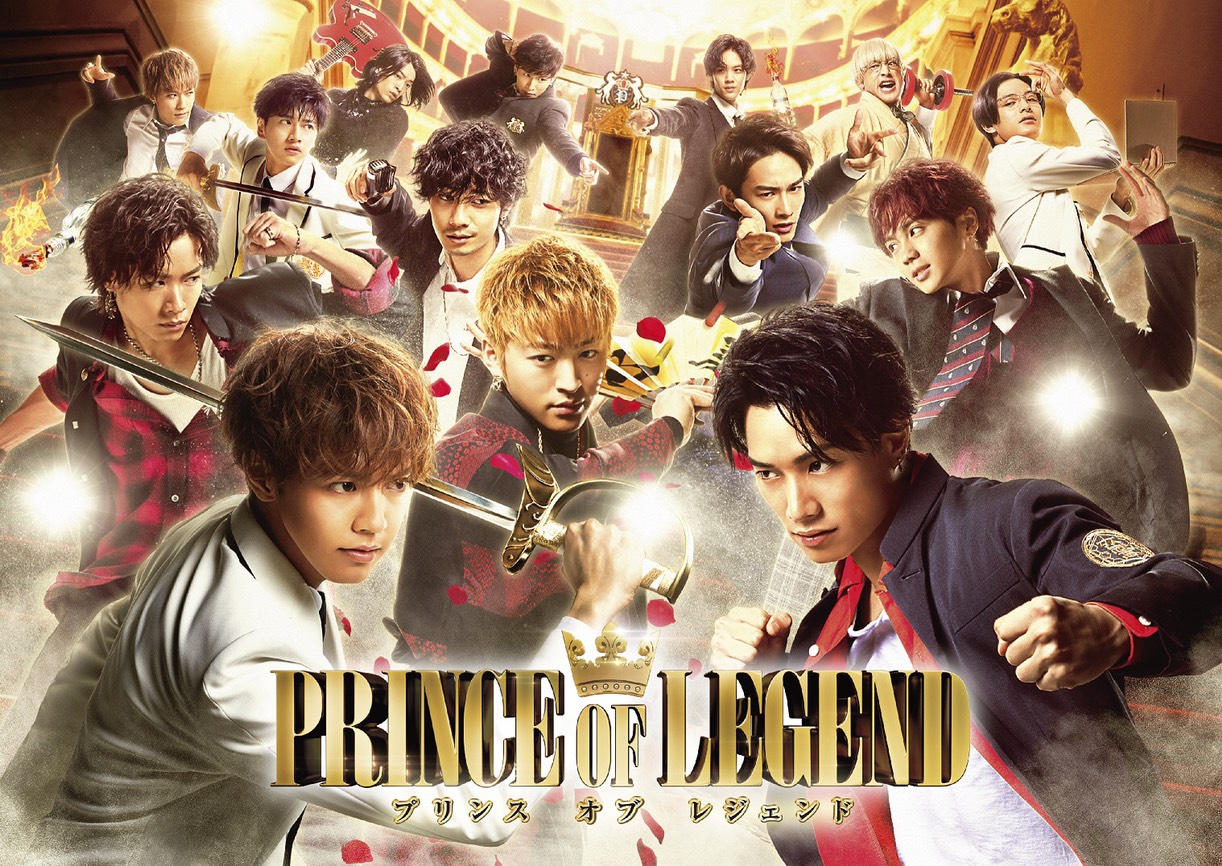It’s been a decent few months for LGBT visibility in Singapore. The Pink Dot campaign videos over May and June, and then the IndigNation Queer Film Festival aside, most recently, a short film by former NTU Media student Joyene Nazatul has been making the rounds at film festivals around the world.
Her film To Mum (Love, Me), shot in Chinese and English, follows a young Singaporean woman and her conservative mother through the latter’s discovery of her daughter’s sexuality, a coming-to-terms complicated by meddlesome mahjong aunties. The film has been to many festivals, including MICGénero in Mexico, STAMPED: Pensacola LGBT Film Festival, OutWest Film Fest, OutReels Cinncinati and Cinema Diverse: The Palm Springs LGBTQ Film Festival, where it won the Festival Favorite award.
Here we speak to Joyene about the making of this film, and her decision to make it available in full online.
This was a story that I really wanted to tell, especially because I knew this could be my last time making a film (I think many film students never make another film after they graduate). I was chosen as one of ten directors. I wanted to also make a queer film that wasn’t depressing or hypersexualized like a lot of the queer films I watched growing up.
Money is always an issue. Having to deposit $300 worth of coins so I can feed my cast and crew. We had a lot overnight shoots as well, and we were shooting in a flat. Naturally, there were complaints from the neighbours and the guards came up and shut down the entire shoot one night. Working as a team can also be hard, especially when there are creative differences. A set is always a high pressure situation so angry words can be exchanged, but we have to remain professional to finish the task at hand.
As this was a final year project, most of the crew were my peers from school. Initially, I was only writing and directing the short and someone else was producing, but that person very suddenly dropped out of the project without any warning. I ended up being the writer, director and producer of the project. It was really stressful juggling all those roles together, but I’m glad I got to experience that and still create something like this. The cast was harder to find. I had put out casting calls on Facebook and AADB (Asian Actors Database). I held auditions for weeks. It was actually very hard to find the aunties, both the mahjong aunties and the mum. Eventually I met Guat Goh and I felt that she had what I needed, despite having never acted before.
Guat Goh, or as I call her, GG, is the nicest auntie you can ever find. She came for overnight shoots after work and then went back to work when we wrapped in the morning. I didn’t really find it difficult to work with her. However, when you put the four mahjong aunties together and it could be really chaotic with everyone talking. Nonetheless, despite the difference in age, all of the actors were professional. Everyone listened to the director.
I asked the actors how they would actually be feeling in any particular scene. For example, during the coming out scene, I asked Yi Kai how she would feel if her mother had found out something about her that she had kept a secret for a long time. Whatever emotion she answered with, that was the emotion I would tell her to go for in her performance. GG had never acted before so I did have to give her a few more directions especially with eye line and favoring the light, but I would say overall my actors were very independent. They understood the story, they understood what I wanted from them and they delivered.
I don’t think that it’s different purposes. They both do the same thing, as you mentioned, raise LGBT visibility in Singapore. Perhaps the way that people respond to them might be different, but I don’t think that they differ much in purpose.
In doing research for my film I watched many queer films and two stood out the most for me, Saving Face and The Wedding Banquet. It was from there that I decided to make a bilingual film in English and Mandarin, despite not speaking Mandarin myself. I wanted the difference in language to be any actual barrier between the two characters. Even though they clearly understand each other, the refusal to speak to each other in the same language is jarring not just for them but also for the audience. The mother speaking in English at the end shows the mother and daughter finally being on the same level, though her acceptance is kept vague because while I wanted the ending to be hopeful, I didn’t want it to be so easy.
You’re working on a series of shorts. Why not a full-length feature?
I haven’t ruled a full length feature out yet, but to be honest a feature would take upwards of $150,000 to make, no matter how small budget it is. I’m not sure where I can raise that kind of money for a film like this in Singapore. Moreover, the real reason I wanted a series was because every film would have a different protagonist, people identifying differently on the LGBT spectrum and people of different races. The nuances in the story would actually be very different depending on how someone identifies and the race or religion of the family they are coming out to. If I can find a way to intertwine these stories into a full feature then I will think about it.
Why did you choose to release the movie in full online, rather than screen it at local film festivals?
The film has already been on the festival circuit since August 2015. It went around for one year to various film festivals, including MICGénero in Mexico, STAMPED: Pensacola LGBT Film Festival, &PROUD Yangon LGBT+ Film Festival in Myanmar, KASHISH Mumbai International Queer Film Festival in India and the IndigNation Queer Shorts in Singapore The film festival acceptance has been slowing down so when I was approached by Viddsee to put up my film online, I said why not? There have been many people who have been asking to watch the film but did not have access to it. And online, the film has a completely different reach than at festivals.
Watch the full film here:





